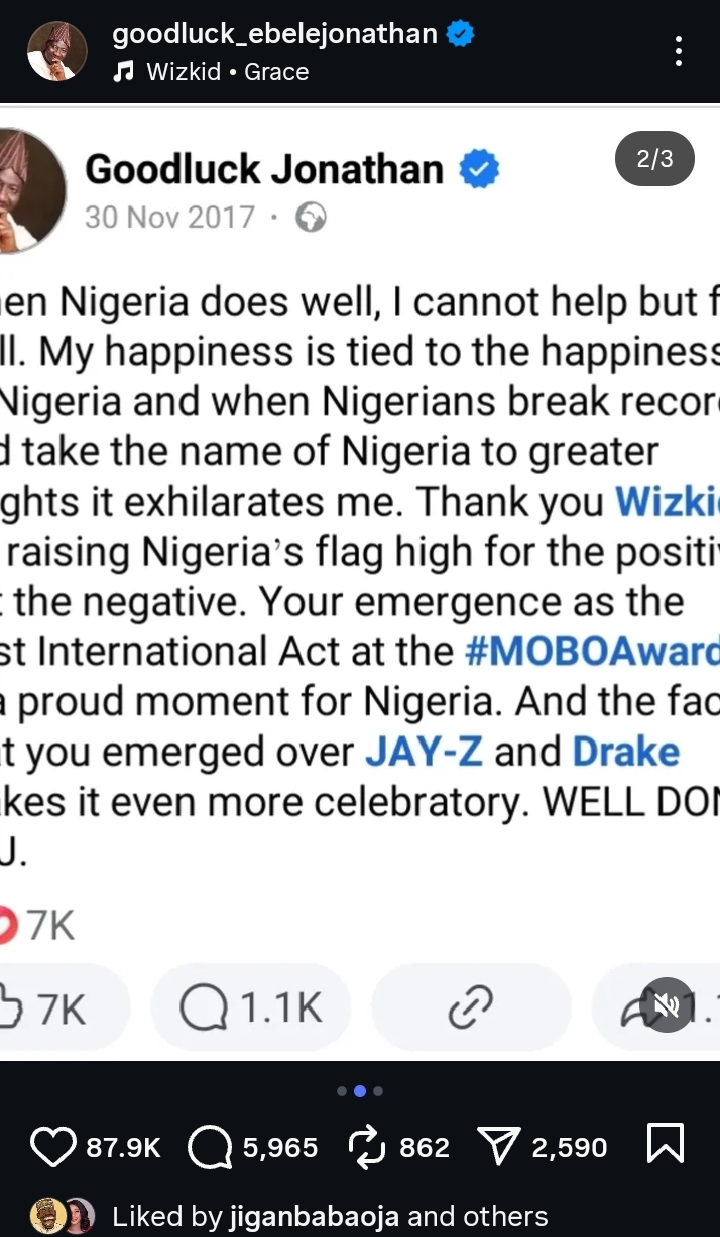Produced by Femi Adebayo Salami, who also plays the lead, the Yoruba epic tells the tale of a bloodthirsty warlord who feels threatened by a young warrior whose only desires are the basics of life; power and the love of a woman.
Directed by Adebayo Tijani and Tope Adebayo Salami, Jagun Jagun features Adedimeji Lateef, Bimbo Ademoye, Fathia Balogun, Mr Macaroni, and Bukunmi Oluwasina.
With Niyi Akinmolayan‘s Anthill Studios handling special effects and post-production, the head of the sound department, Tolulope ‘Tyanx’ Obanro, is in charge of the dialogue, music, and final mix.
Speaking exclusively with Pulse, he takes us through the interesting process of designing the original score for a Yoruba epic:
The following conversation has been edited for length and clarity.
Preparing to create the sound/music
So, it involves being on set or doing the extra work to record foleys (the reproduction of everyday sound effects) and sound effects (SFX), basically everything you can see onscreen. I was also the recording engineer, which required recording most of the things that would be used to overdub or in other languages. We record them as is, then replace them for dubbing. So some of these things might mean that you go on set and record some of the sounds for music and some of the actions to get a clearer recording. It’s a lot of work.
Designing the sound for a Yoruba epic
Like every other movie, I think the first thing any sound person wants to do is understand the movie in all its ramifications. So you kind of start to build the sound in such a way that even when your viewers are not seeing the pictures, you are perfectly interpreting them with what they can feel from the music. You are perfectly telling them the story with the picture in mind and also without the picture in mind. So, if you are mistakenly off the screen, you can always tell that, Wow, something is just about to happen; that’s why I can hear this sound’. Then, each character has a unique sound that differentiates them from others.
For example, for the guy who can control trees, it means he communicates with them. So there’s a sound for him, and you can hear the sound of trees creaking from afar. To get a particular wailing sound, I used a thread on a long, wooden metal piece that I moved around and a bottle. I used a very heavy chain, pulled it on the floor, and recorded that. Then I down-pitched that and gave it some kind of presence around all the possible speakers that it might come out from, then just dropped sounds on it to create more intensity. There were a lot of other kinds of recordings. For the main guy, who is viewed as a kingmaker in a way, there were drum sounds that came with him to show that he is angry or about to get into action. To create fear for a certain character, I used a thin sound because this wasn’t just dark; it was also light since the person isn’t so bad. Each character’s sound and tune were so carefully created that if you take your time to dissect the music for each character, it kind of tells you the story of who that person is in the movie.
Movie references
Aside from Prophetess and a few others, the first movie that I did with Anthill that comes close to Jagun Jagun is King of Thieves. So, the reference I was given was to just think Nigeria’s epic gladiator and I’m like, ‘That should be sweet.’ So, in my head, I knew this had to be cinematic. If you want to make a Yoruba epic, you can’t refer to a Chinese or Indian film. We knew we were doing something special that nobody in Nollywood has done before that I have seen. So, I told my sound team, ‘Okay, guys, we don’t have any references; we are the reference, so we need to make a sound that Nollywood will want to emulate. We had to go close to excellence to get that, and that inspired us to reach new heights. I’m mostly proud of how far and fast this whole team has come. I did Brotherhood, Battle on Buka Street and I can tell you that, there’s this synergy that we have when I work with this particular team of Anthill production crew. It’s always magical. I can’t be proud enough to have them by my side to work with.
Nollywood’s sound problem
For me, it’s still kind of sad when you hear bad sounds. There are some movies in which the editor is the one to do everything, and you know what that means. They don’t know what sound is; they just take music online, put it on Inverto, and put everything together. You get to the opening and end credits and see that there are a few names. But working with Mr Akinmolayan and Anthill, they are always the very best when it comes to sound, and they give it their all. The editor was on set, and I was also on set as the music and sound person. There’s a lot of improvement by a few represented onscreen. For the sake of reference, I also worked on Gangs of Lagos, and you can tell that this sound is a lot of work, and this music is a lot of detailing. That’s the level we expect every filmmaker to emulate. Some think they are cutting costs, but they are really short-changing themselves in terms of quality because, I mean, you can’t expect to make so much money and get people to watch your movie with shabby sounds and shabby work. All that is changing gradually, and I hope people start to see the future.
Anticipated audience feedback
I want people to appreciate and be inspired by the effort that goes into making good films, so we can compete on the global stage. We got a lot of complaints about the sound on The House of Secrets, so I want to get that on a global stage. The good thing is that it’s an original, so it will show everywhere. I want to hear people say, ‘This is so intentional. How can this be from Nigeria?’ I’m looking forward to people experiencing what we have done.
Jagun Jagun is currently streaming on Netflix.





